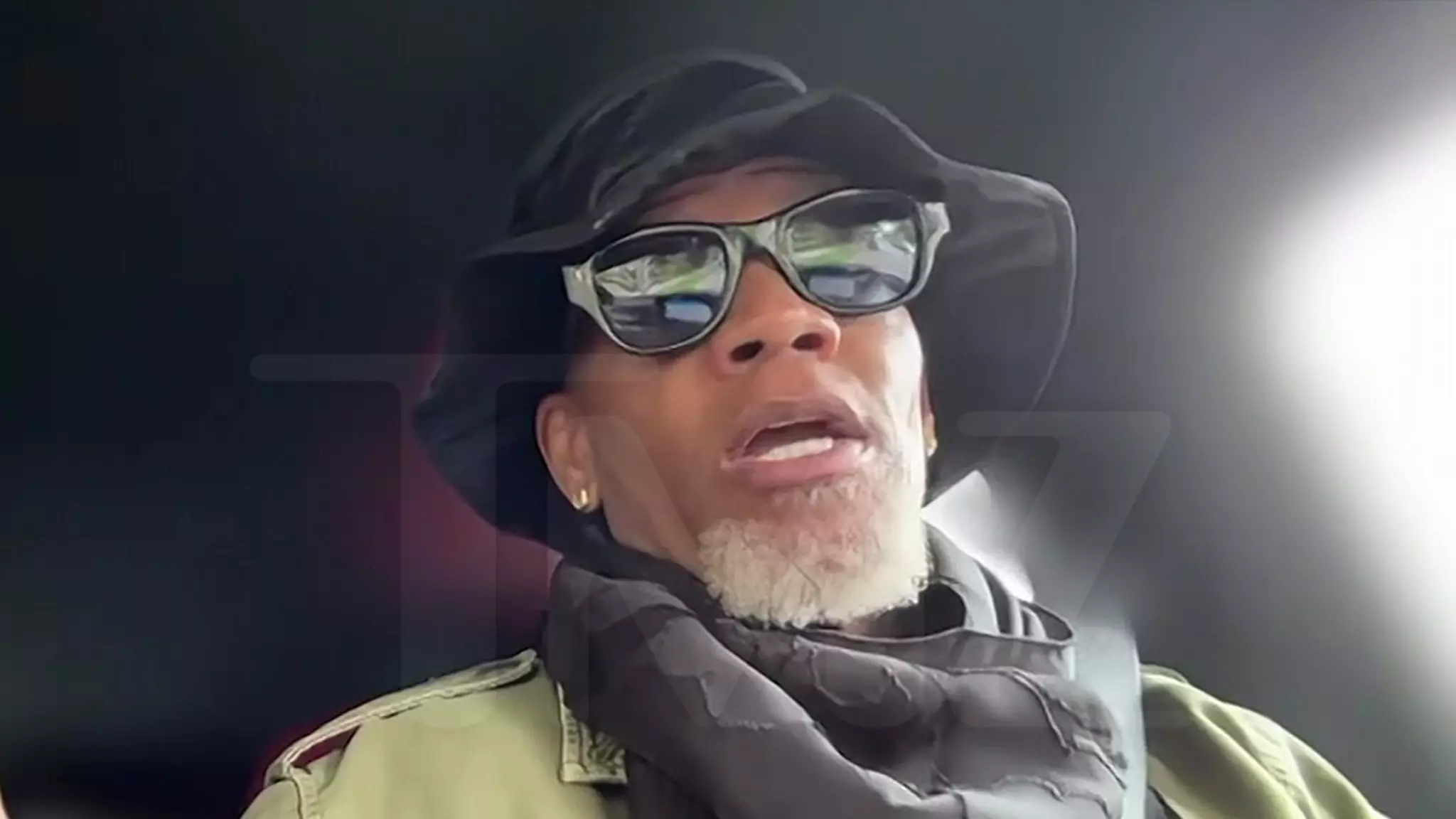The John F. Kennedy Profile in Courage Award, traditionally reserved for extraordinary acts of bravery in political spheres, finds itself at the center of a complex debate with the recent acknowledgment of Michael Pence. The award was given to the former Vice President for his actions during the chaotic events of January 6, 2021, a day marked by unprecedented attacks on democracy. Comedian D.L. Hughley’s critical reflection on Pence receiving this accolade unveils a stark reality: the bar for political courage has been lowered in America. As Hughley articulates, what should be seen as an everyday obligation — upholding the Constitution — has been elevated to heroism in a climate of fear and chaos.
Anecdotes of the Ordinary Becoming Extraordinary
Hughley points out that Pence’s actions, while commendable in a crisis, were essentially what any dutiful public servant would be expected to do. In a political landscape fraught with divisiveness, his perspective invites us to examine why a basic allegiance to the Constitution deserves a medal rather than just a nod of affirmation. When individuals like Pence are hailed as courageous simply for adhering to their oaths, it reflects a nation grappling with its identity. This irony encapsulates a troubling trend: where once ardent patriotism and principles were the standard, today they are anomalies worthy of commendation.
The comedian speculates that Pence’s award is more than just a nod to courage; it represents an alarming reflection of how crisis-oriented our democracy has become. The accolades heaped upon Pence underscore a disturbing normalization of dysfunction. The notion that a Vice President could face threats for performing his constitutional duties suggests that upheaval has become more of a norm than an exception.
Reflecting on the State of American Democracy
Further emphasizing the implications of this accolade, Hughley draws attention to Donald Trump’s political resilience. Despite Pence’s commitment to duty, Trump continues to wield significant influence over a substantial voter base. The temporary implications of Pence’s stand showcase how precarious the balance of power has become. In essence, it raises questions about what truly defines progress in a system where loyalty and allegiance to democratic institutions may not protect officials from repercussions.
Hughley shrewdly critiques this fundamental shift, asserting that such acts of “heroism” should be the norm, not the extraordinary. In Pence’s acceptance speech, his reference to the Constitution as the unifying force of the nation reverberates with sentiments of nationalism but simultaneously highlights the disarray and uncertainty that plagued the country on that fateful day. The events of January 6 were not just one-off occurrences but symptomatic of a broader collapse of democratic norms.
The Bigger Picture: An Urgent Call for Reflection
In light of Hughley’s observations, it’s imperative to consider the broader ramifications of a political culture where traditional values of duty are celebrated as unprecedented courage. His analysis beckons us to engage with the question: what does it mean for a democracy when performing one’s job requires extraordinary valor? The normalization of fear for upholding democratic principles critically undermines our institutions and the very fabric of trust that binds society together. As we navigate this convoluted political terrain, Hughley’s insights drive home the urgency for citizens to demand more from their leaders; to reclaim the principles of governance once taken for granted.

